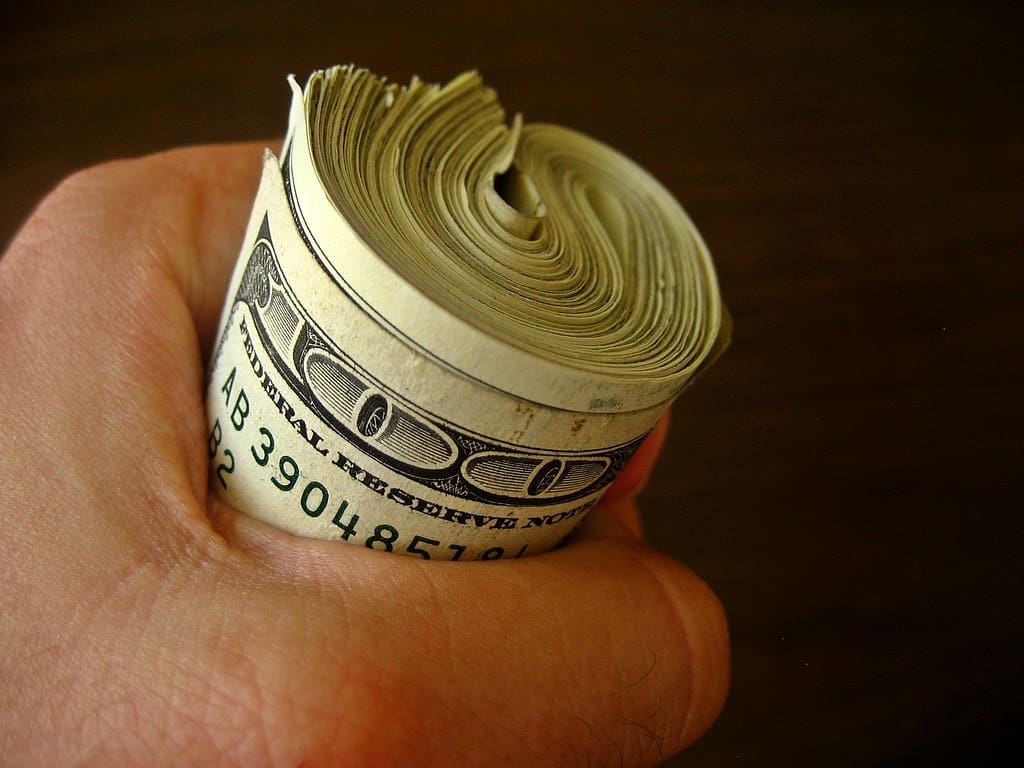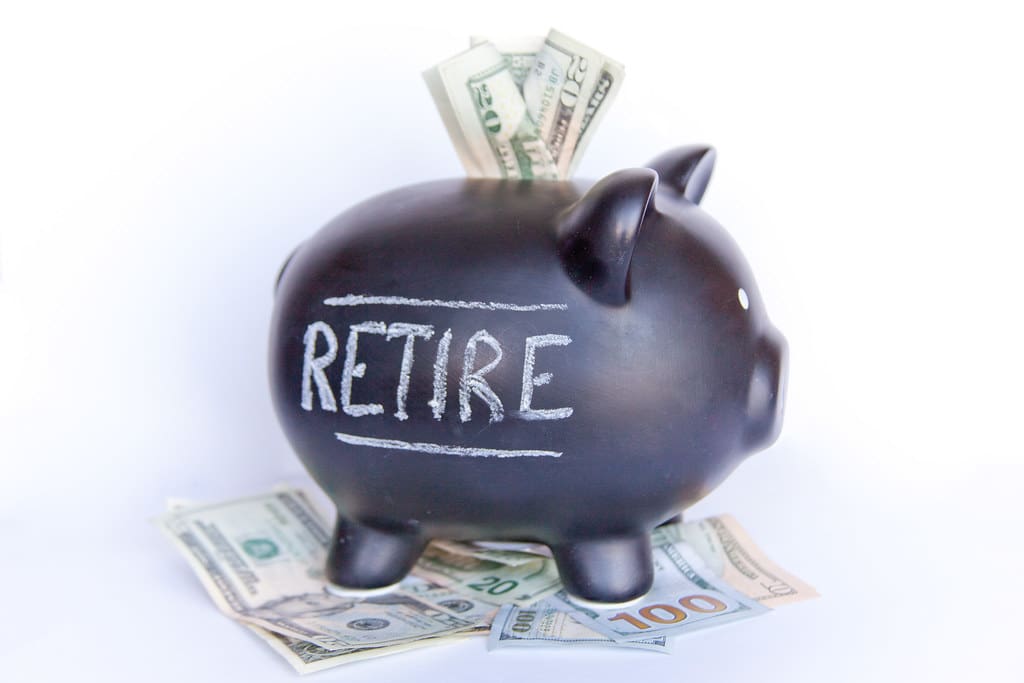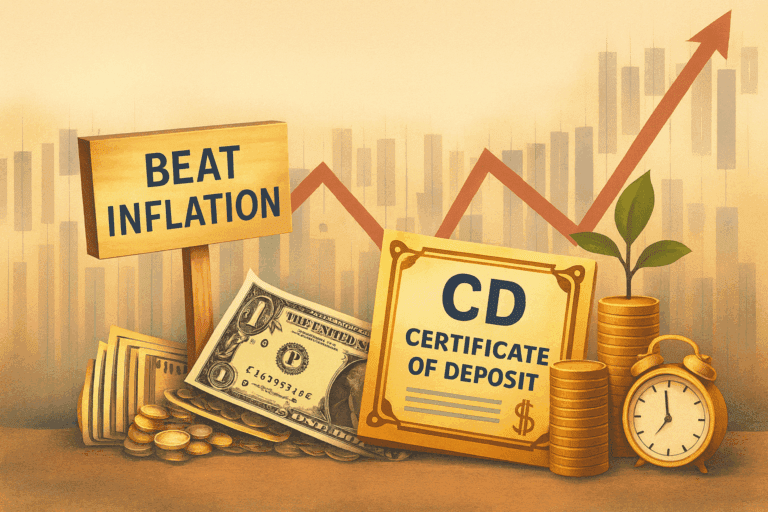Avoiding common mistakes can greatly improve your finances. Reducing expenses and curbing overspending can redirect your money into savings and investments. Here are ten mistakes people make in managing money.
10. Unnecessary Spending

Most people spend money in little ways that add up over time. Just $25 dollars per week on cappuccinos equals $1,300 per year. That could potentially pay off debt. Each person has to decide what’s an “unnecessary” expense for them. That cappuccino could be vital for alertness or mental health. Examine where you can reduce unnecessary expenses.
9. Never-Ending Debt

Constantly using loans, credit cards, or having services that require monthly payments can drain away a lot of money that would be better put into savings and investments. Examine everything you pay for. Is it a need or a want? Look for ways to reduce costs. Pay off debt quickly and early, always making more than the minimum payment.
8. Overusing Credit Cards

Credit cards can often lead to spending more than you earn. The double-digit interest can waste a lot of cash. Only the interest on business-related purchases is tax-deductible. Over time, the interest can make some purchases cost double their original price. It’s best to use credit cards to pay for things you’ll pay off at the end of the month.
7. Buying a New Vehicle

A new vehicle loses 10% in value when it’s driven off the lot and 50%-60% within five years. Financing adds interest charges. A preowned vehicle is cheaper. Consider the operating and insurance costs for a particular vehicle. You can save substantial money by driving your current vehicle for as long as possible. Repairs can be much less expensive than monthly payments.
6. Spending Too Much on Housing

Some people waste money, making themselves “house poor,” whether by buying or renting more than they need or can afford. A bigger home means higher property taxes, maintenance, and utilities. Consider the operating costs of a home. Don’t rent or buy more house than you need. That extra money can go into savings and investments and return big dividends.
5. Misusing Home-Equity

Anytime you refinance or take cash out of your home, it means you are giving ownership to someone else. Refinancing can make sense to lower your rate or pay off higher-interest debt. A better alternative can be a home-equity line of credit (HELOC). This uses the equity in your home like a credit card but with much lower rates.
4. Not Saving

According to several surveys, between 65%-78% of US adults live paycheck to paycheck. As of April 2024, the US household savings rate was only 3.6%. This means one missed paycheck could be disastrous. Most financial planners recommend saving a “rainy day” fund worth 3-6 months’ expenses. Emergency savings can make the difference between losing your home and/or financial ruin.
3. Not Investing in Retirement

If you don’t invest money toward your retirement, you may never be able to stop working. Younger workers often ignore saving for retirement. However, due to the power of compounding interest, the younger you start, the more money you’ll accumulate. Take advantage of tax-deferred retirement accounts and/or employer-sponsored funds-matching plans.
Read More: How Much Money Do You Need to Retire?
2. Paying Off Debt With Retirement Savings

Some people mistakenly think that using their retirement savings, say earning 7%, to pay off debt that costs 24% saves money. But besides losing compounding interest on money hard to pay back, you could be hit with a 10% early withdrawal fee if you’re younger than 59 1/2. Getting a loan from your 401(k) might be a viable option.
Read More: 20 Tips for Early Retirement
1. Not Having a Plan

Benjamin Franklin said: “If you fail to plan, you are planning to fail.” It applies to everything, and especially finances. The biggest mistake people make regarding their financial future is not having a plan. Making it worse, they fail to plan and execute that plan early. Knowing where you’re going needs to be your top priority – right now.
Read More: 10 Financial Mistakes to Avoid in Your 30s








